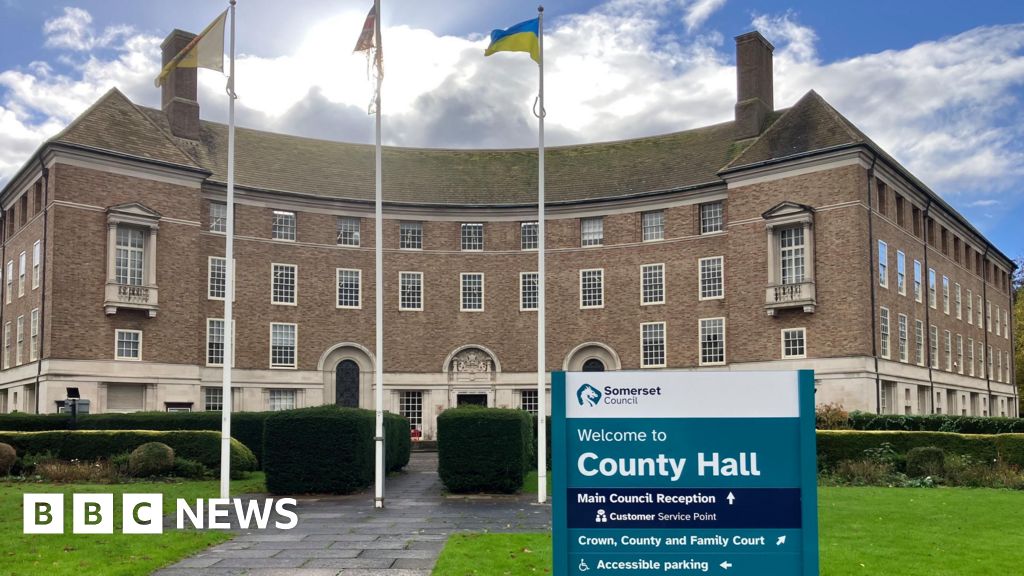Netherlands Faces €25 Billion Defense Bill to Meet NATO Goals: Will Austerity Measures Follow?

The Netherlands is bracing for a significant increase in defense spending, potentially reaching €25 billion annually within the next decade, according to caretaker Finance Minister Eelco Heinen. This substantial rise is directly linked to the nation's commitment to fulfilling the updated North Atlantic Treaty Organization (NATO) spending targets.
Heinen's warning, delivered Sunday, highlights the considerable financial burden that meeting NATO’s enhanced defense requirements will place on the Dutch economy. The new target mandates that member states allocate at least 2% of their Gross Domestic Product (GDP) to defense, a figure the Netherlands has historically struggled to consistently achieve. While the country has made strides in recent years to bolster its military capabilities, fully aligning with the 2% target represents a significant financial leap.
The NATO Context: Why the Increased Spending?
The heightened focus on defense spending stems from a rapidly changing geopolitical landscape. Russia's ongoing war in Ukraine has underscored the importance of a strong and coordinated transatlantic defense posture. NATO allies are increasingly recognizing the need to invest in modern military equipment, personnel training, and technological advancements to deter aggression and safeguard collective security. The 2% GDP target isn't merely a symbolic benchmark; it's seen as a crucial indicator of a nation's commitment to shared defense responsibilities.
Economic Implications for the Netherlands
A €25 billion annual defense budget would represent a substantial portion of the Dutch national budget. Heinen's statement implicitly raises concerns about the potential need for austerity measures in other areas of government spending to offset the increased defense costs. This could impact social programs, infrastructure projects, or other public services. The Dutch government will likely face difficult choices in prioritizing spending and balancing national security needs with economic realities.
“Meeting these targets requires a serious discussion about priorities and potential trade-offs,” Heinen reportedly stated. “We need to ensure that we can sustainably finance these investments without jeopardizing other important areas of public spending.”
Future Challenges and Considerations
Beyond the immediate financial implications, the Netherlands will also need to grapple with logistical and strategic challenges. Increased defense spending must be accompanied by effective investment strategies to ensure that resources are allocated efficiently and contribute to tangible improvements in military readiness. Furthermore, the country will need to consider how to integrate its defense capabilities within the broader NATO framework to maximize its impact.
The coming months are likely to see intense debate within the Dutch government and among policymakers regarding the best approach to meeting NATO’s defense targets. The financial burden is undeniable, but the strategic imperative to maintain a strong defense posture in a volatile world is equally clear. The outcome of this debate will have significant implications for the Netherlands’ economic future and its role within the transatlantic alliance.






